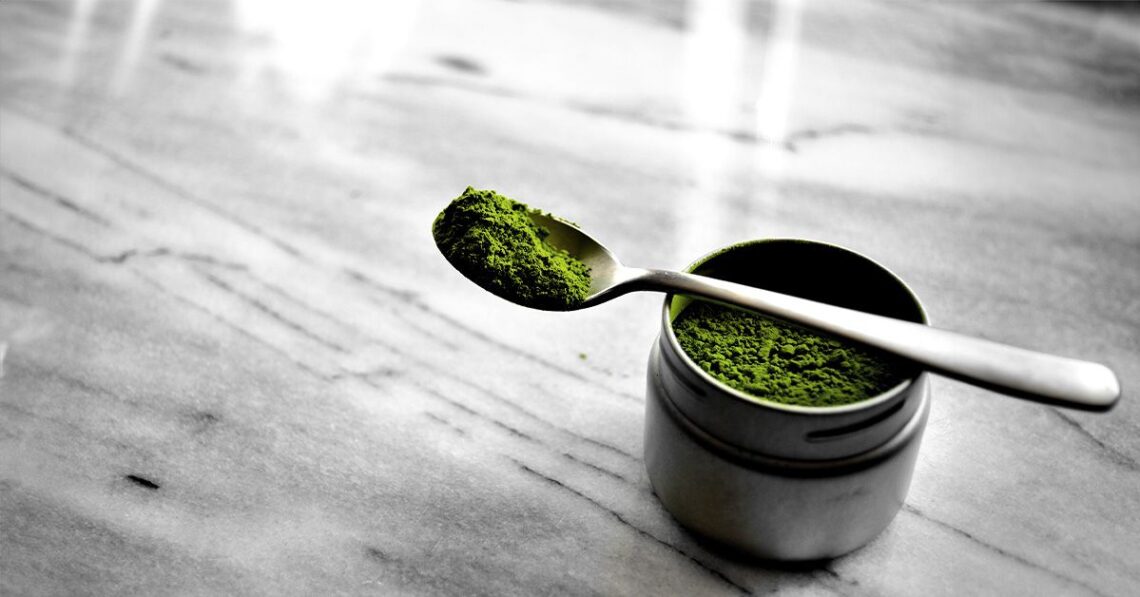- Periodontitis is a form of gum disease that affects approximately 90% of adults globally.
- It is associated with other chronic inflammatory conditions, and can progress to the point that it can affect the jaw bone.
- Prevention is better than treatment, and is possible with good oral hygiene.
- Researchers in Japan have discovered that a mouthwash made of matcha extract could reduce levels of a bacteria that drives the development of it.
Using matcha extract as a mouthwash could reduce the amount of a certain bacteria that causes periodontitis — at least that is what a recent study suggests.
Researchers in Japan have shown in a clinical trial of 45 people, that mouthwash containing matcha extract, significantly reduces the amount of Porphyromonas gingivalis, a bacterium that causes pockets in the gums around the base of teeth.
The study results appear in the journal Bacteriology.
P. gingivalis colonizes the biofilms that exist on the teeth, which can cause the infections that lead to gum disease, or periodontitis.
Researchers have proposed that matcha extract reduces levels of this bacteria both in vivo and in vitro, as it affects the bacterial cell envelope which is crucial to its survival as it maintains the cell’s environment, shape and response to its environment.
Having previously found that curry leaf and fennel can have antibacterial effects, researchers have recently investigated the effect of matcha extract on 16 different types of bacteria, commonly found in the mouth.
They created their own matcha extract, comparing it to normal green tea and extracting it with different compounds to discover which was the most effective extract against P. gingivalis.
They then tested the efficacy of a matcha solution against 16 oral bacterial species, including three strains of P. gingivalis, in vitro.
The researchers found that P. gingivalis, Prevotella nigrescens, and Fusobacterium nucleatum were all inhibited by the matcha extracts.
In order to determine the efficacy of…
Read the full article here







